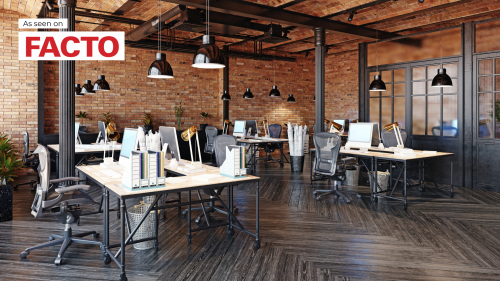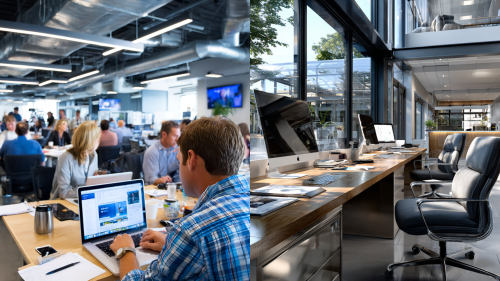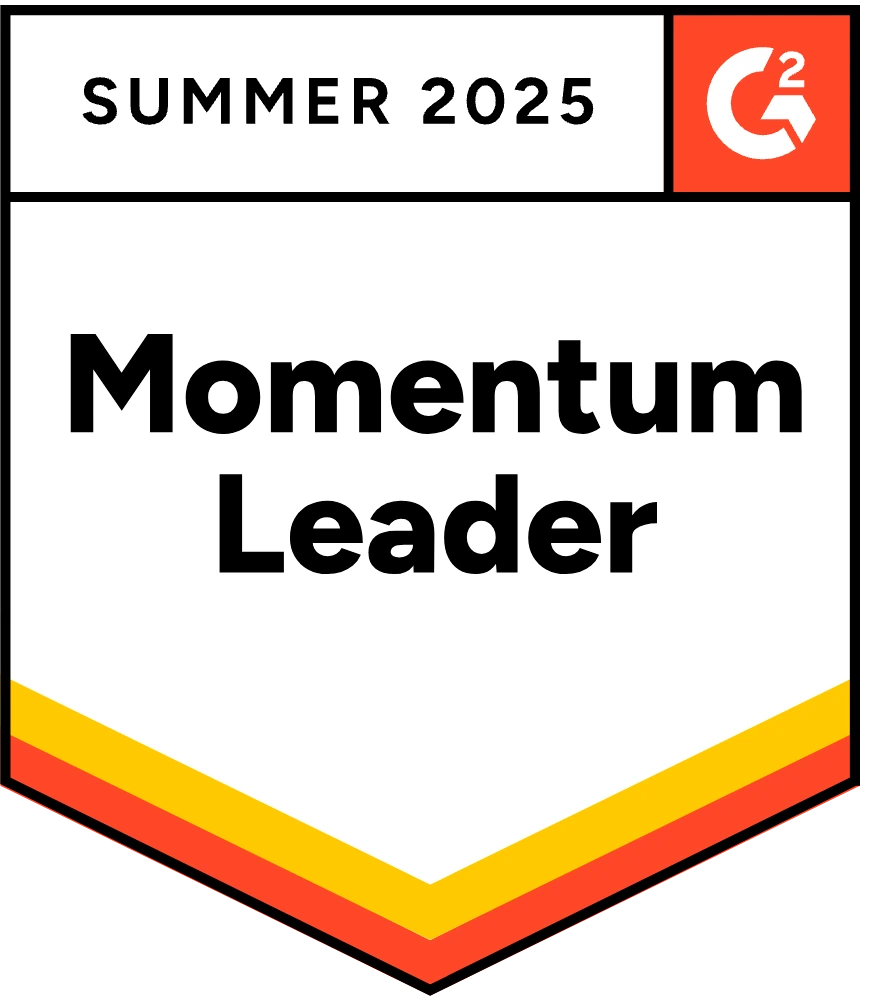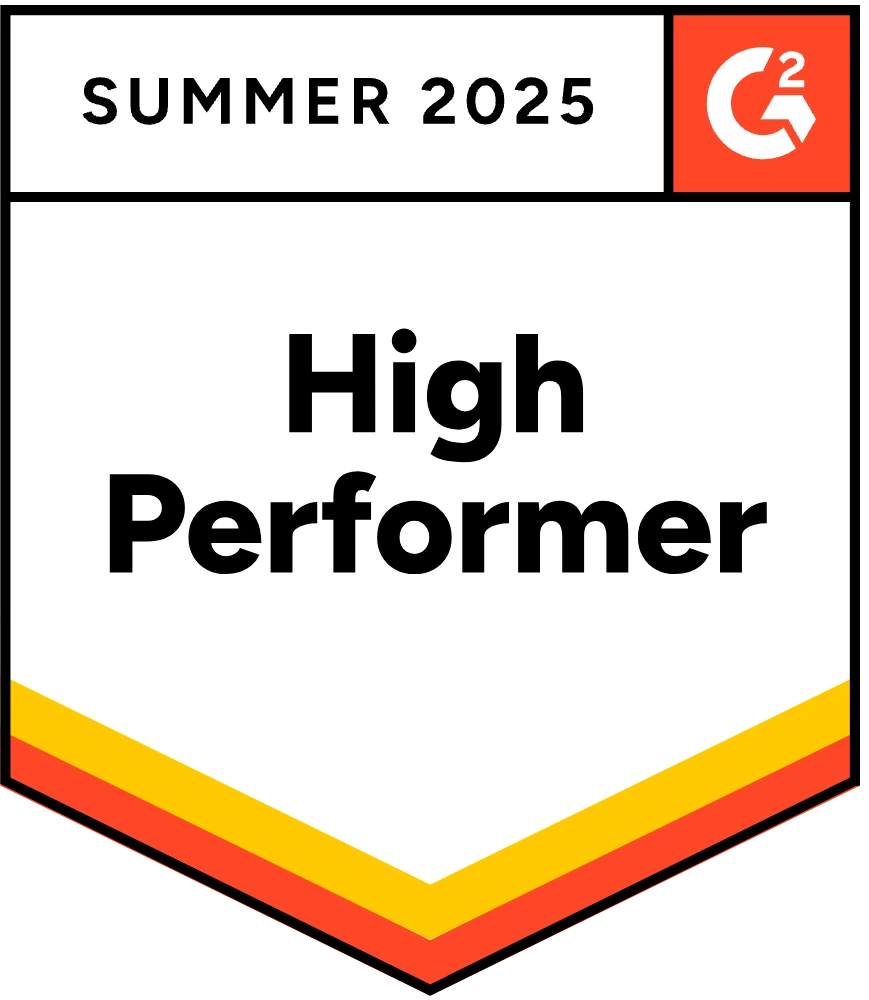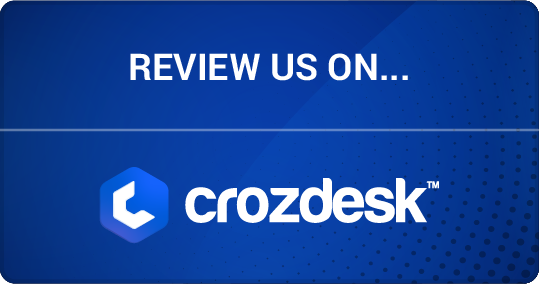Property management is going in different and new directions. Keeping up with trends may be burdensome, but there are things that can help guide a property manager or a property management firm to success, including new technology for property management.
Among the things that managers and owners have to look out for are technological innovations. For example, Internet of Things devices like thermostats, CCTVs, and smart locker storage are becoming widely used. Other than that, automation is becoming a critical component of the property management industry, too. It may not be obvious in the field but the back office can certainly gain a lot from it, as it can further streamline their tasks.
That is why it is imperative for properties to rely on a solution that enables them to manage such technologies in a single platform.
There are many property managers who are realizing that software can help them make their properties more profitable. The evidence is in the numbers. In 2018, the total revenue of the PMS market was $13,801.7 million, as reported by Market.us. It is also projected to grow at a CAGR of 7.6% for nine more years, until 2028.
During that time, there could be more innovations included in PMS. But for now, here are a few that are changing the way owners and managers oversee properties.
Customer management solution
Despite its name, property management software is actually multi-faceted, as it incorporates different solutions that are commonly seen as standalone or included in more likely software packages. Take for example customer management. This process entails the overseeing of customer information as well as building relationships with them.
CRM modules can especially help users find customer information immediately. Since their information search time is reduced, their productivity is increased. With this, organizations can save upwards of $6 million a year, according to research by IDC.
More than that, a CRM component in an online property management software can have records of customers’ preferences. With those within easy reach, property managers can cater to clients’ needs and wants with regard to their units. Thus, customer satisfaction levels can go up or stay at a high point, enabling the property to become more profitable.
Property Management Technology: Analytics
Analytics is an essential aspect of property management, as it provides property managers and owners insights. With those insights, they can optimize and improve their services and make sure that tenants experience only the height of comfort.
First of all, what is analytics? SAS shares that it is a process that utilizes both data and mathematics to provide answers to business questions that arise. Apart from that, organizations can also employ analytics to discover patterns and relationships between various aspects of the business. It is useful for forecasts, which can help property management to be ready for any event in the future.
But first, businesses have to acquire information from which they can gain insights. In property management solutions, those can come from the key financial figures, from the vacancy level, and from the maintenance and hospitality records. If applicable, it is also possible to change property management with carbon footprint data.
When those are ready, analytics tools get to work. Hence, businesses can extract deeper insights and meaningful patterns. This can help them gain a competitive edge in their field since they are able to uncover new opportunities and find answers to questions.
A property management app can harness this and enable owners or managers to predict when leads are ready to rent, lease, or upgrade their current property. Property management software can also use analytics to personalize interactions–gearing the conversation toward tailored offers and services. With this, it is possible to win over more tenants as you show them how to provide great online customer service your way.
Property Management Technology: Automation
IBM defines automation as the performance of redundant tasks by technology to free up the hands and time of humans. While it is thought that automation is set to replace humans, it is actually enhancing their work.
In the field of property management, this can be applied to document management, contract management, and portfolio management. You can configure workflows for those processes and ensure that everyone in your organization adheres to best practices. That is because the workflows in the platform are pre-configured for those, thus your team members can follow them with ease.
Communication is also another area of property management that automation can make a difference in. For example, clients need assistance with an issue in their units. Instead of calling or visiting the property office to lodge their requests, they can simply pull up the property mobile solution. Therein they can create service requests that is processed smoothly by the app so that your maintenance team can take care of them in order.
IoT sensors
The Internet of Things, or IoT for short, is a network of interconnected devices such as occupancy sensors, indoor climate and air quality monitors, and even consumer devices like smart refrigerators and smart ovens.
Ever since British technologist Kevin Ashton named the concept in 1999, the number of connected objects globally has only grown. According to an article by Statista, there are around 26 billion IoT devices worldwide. And this number is forecasted to nearly double by 2023.

How does this relate to property management technology? There are platforms that support the real-time monitoring of units and properties using IoT sensors. With this, there is no need for property managers to rely on other interfaces to watch the sensors’ status. Instead, they can access the data directly from the property application’s screen.
This is advantageous for property managers, especially those who oversee units and properties that are out of their way. They can check the occupancy and vacancy statuses of those places without going to see for themselves. This is a huge time- and cost-saving avenue for them.
Additionally, IoT sensors can offer insights into the performance of spaces and buildings. Using those, the management can transform spaces to make them more likable for tenants. This way, they can attract more people and keep a steady stream of revenue.
Responsible property management
An online rental property manager has numerous responsibilities, from daily mundane tasks to critical seasonal and ad hoc ones. Taking care of all of them would be difficult, if not for property management applications. These integrate innovative technologies that change the way property administration is done – shorter waiting times for both the manager and clients, better market predictions, accurate numbers, and no more paper-pushing. As a result, managers can take care of their core responsibilities which include tenant screening, rent setting & collection, property maintenance, and budgeting.
Property management is not all about that, however. In the case of subdivisions, gated communities, condominium residences, and the like, it is also the job of a property administrator to create a cohesive and welcoming community.
Moreover, they have to ensure the security of renters. Applicant screening is only one step. When making certain that only recognized and authorized individuals enter private premises, they need to set up security procedures to prevent malicious persons from getting in. Thus, they can keep the tenants and the properties safe. If you’re looking for a technology tool to help you optimize property management, you can check out this Spacewell IWMS review page to learn about the product’s features, benefits, and pricing, among others.


